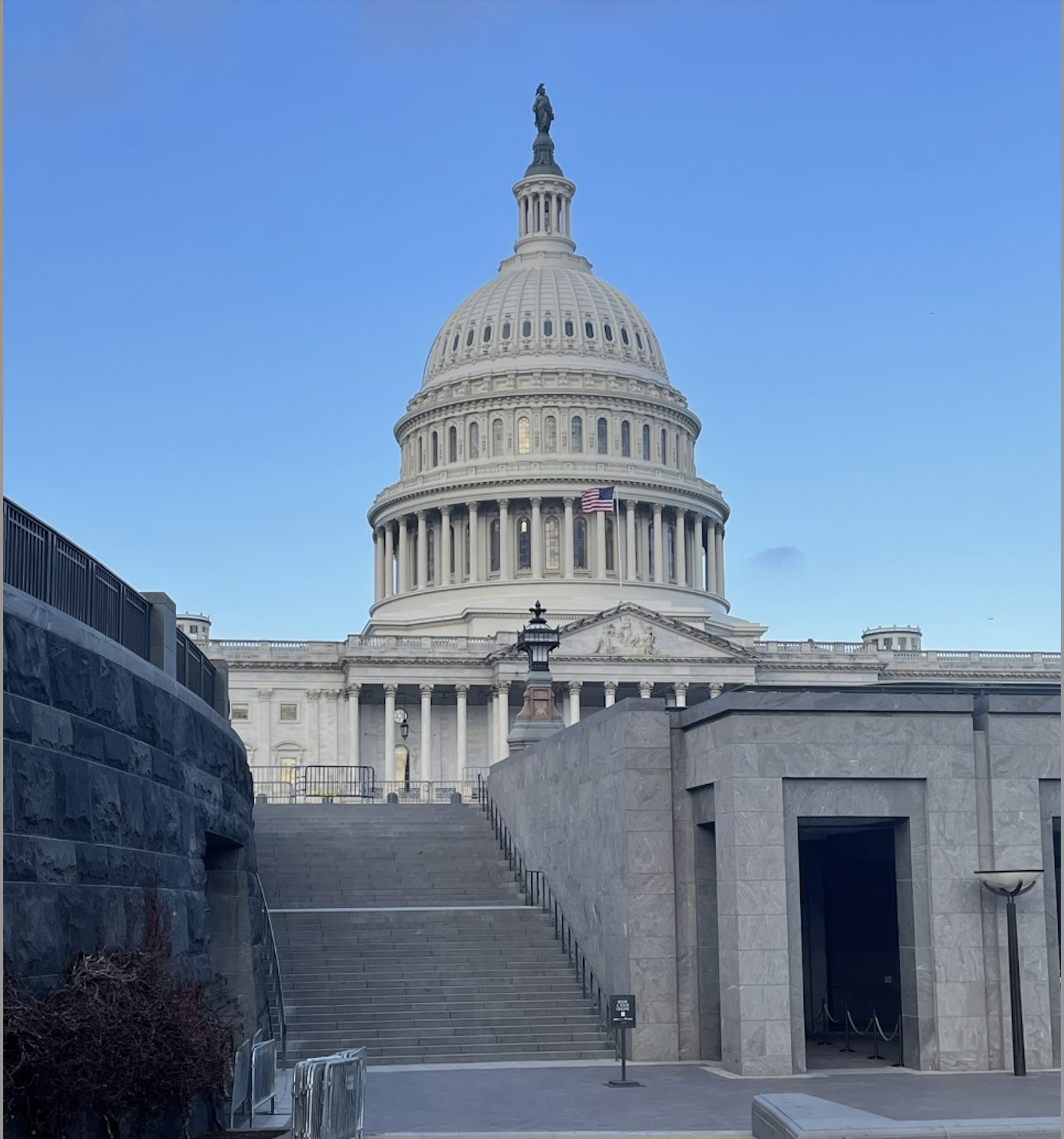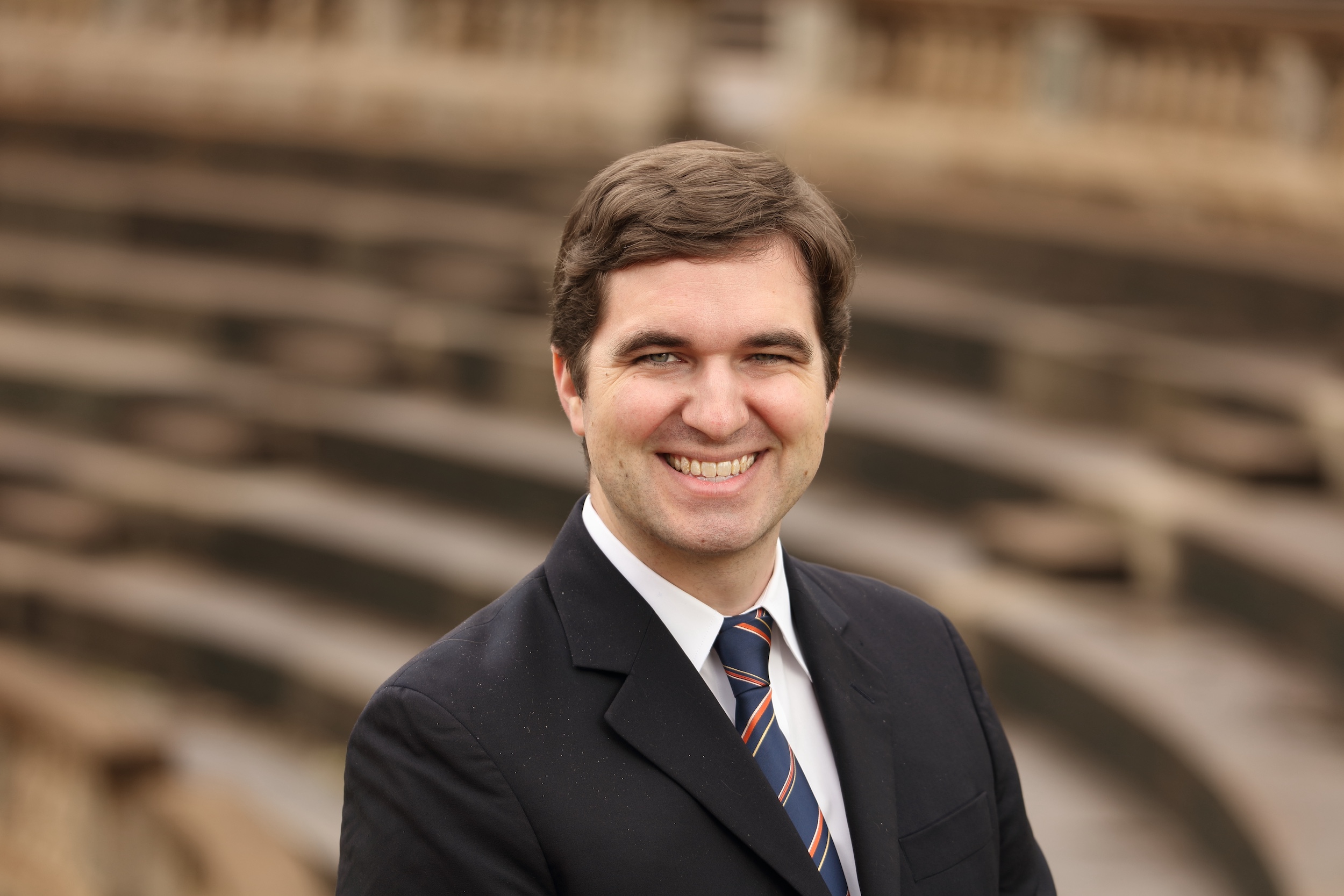Expertise Acquisition in Congress
Staff members are an essential part of a well-functioning Congress, as is the expertise they acquire and use to do their jobs. It is therefore important to understand what factors contribute to or detract from staff investing in acquiring expertise and learning new skills. To examine these ideas, Center for Effective Lawmaking (CEL) Faculty Affiliate Christian Fong and his co-authors Kenneth Lowande and Adam Rauh – all of the University of Michigan – advance a theory of skill acquisition, rooted in the field of labor economics, and apply it to the problem of congressional oversight of the executive branch. Drawing on a dataset of congressional staff employment, combined with new records of invitations, applications, and attendance at training sessions offered by three nonprofit organizations in Washington, D.C. They find that staffers are more likely to acquire expertise pertaining to executive oversight when their jobs are more secure, and there are more opportunities to use their expertise in careers outside of Congress—most notably, when their party takes control of the presidency. Their analysis suggests that oversight expertise is generally not sufficiently valuable outside of Congress to entice many staffers to acquire it without some sort of subsidy. Thus, political leaders and managers need to develop internal incentives to motivate such skill acquisition and ensure the cost of such training programs should be minimized and treated as part of one’s official duties rather than as extra work.
To learn more, read the full report here, and see the op-ed in The Messenger by CEL Co-Directors Craig Volden and Alan Wiseman.



